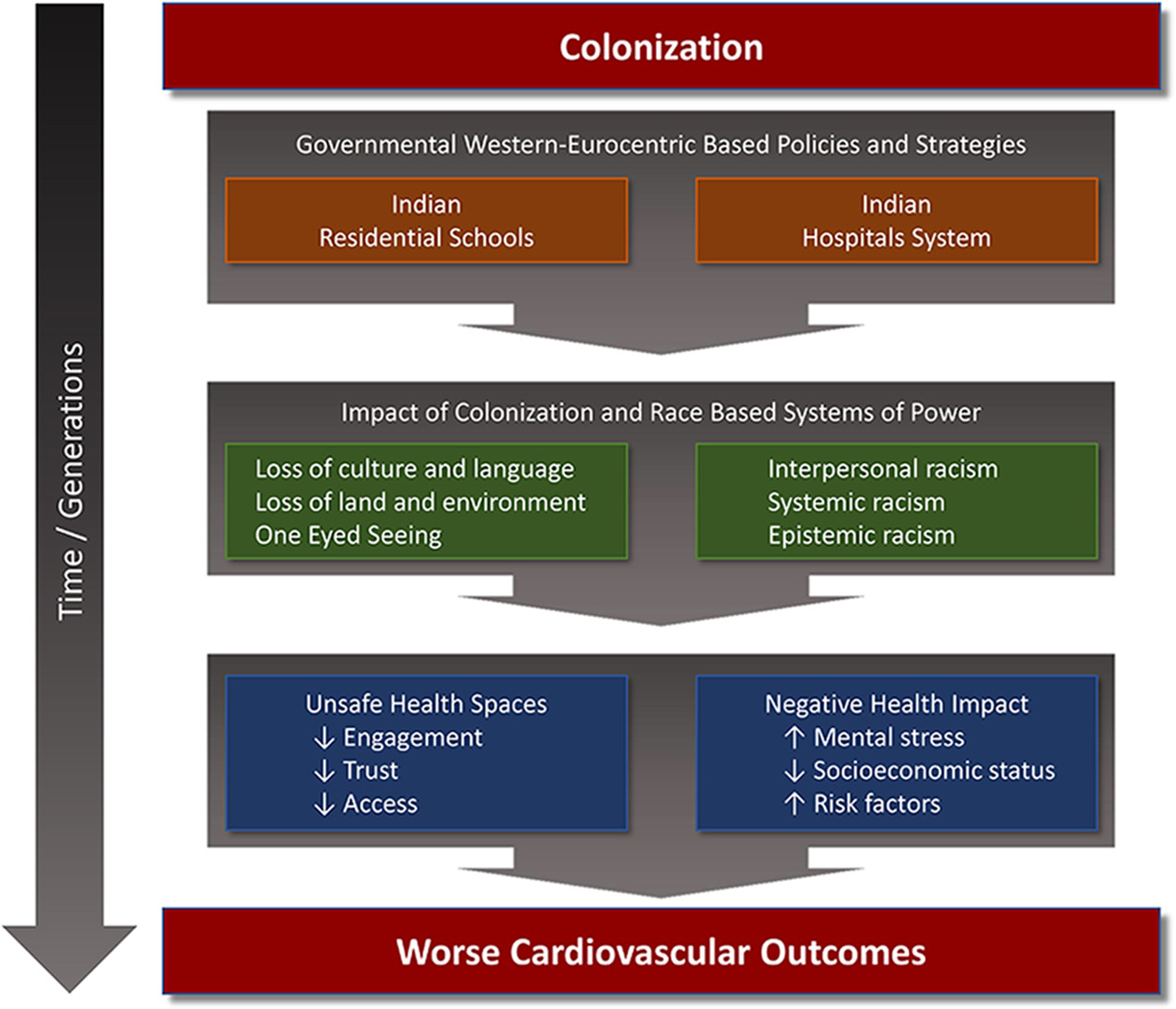This content links with Goal 3: Good health and well-being and Goal 10: Reduced Inequalities by providing insights into diagnostic access for undiagnosed and rare diseases in critical care
This content links with Goal 3: Good health and well-being and Goal 10: Reduced Inequalities by providing information on the diagnosis and management of cardiovascular involvement in Fabry Disease.
Elsevier,
Sex and Gender Bias in Technology and Artificial Intelligence: Biomedicine and Healthcare Applications, Volume , 1 January 2022
This content advances goals 4, 5 and 10 by highlighting sex and gender biases in Big Data for biomedicine and healthcare.
This article advances goals 4, 5, and 10 by examining disparities in minority participation in surgical oncology clinical trials.
Elsevier,
Sex and Gender Bias in Technology and Artificial Intelligence: Biomedicine and Healthcare Applications, Volume, 1 January 2022
This content advances goals 4, 5 and 10 by highlighting sex and gender inequality in precision medicine and the socioeconomic determinants of health.
Elsevier,
Comparative Biochemistry and Physiology - Part D: Genomics and Proteomics, Volume 40, December 2021
Farmed fish are commonly exposed to stress in intensive aquaculture systems, often leading to immune impairment and increased susceptibility to disease. Effects of two aquaculture-relevant early-life stressors on the gut and skin microbiome of Atlantic salmon fry (four months post hatching) using 16S rRNA amplicon sequencing were studied.
This Research Paper supports SDGs 5 and 10 by applying a decision-tree approach to identify subgroups of women at increased risk of IPV across 48 LMICs and to subsequently help design targeted interventions, and by suggesting the need for population-wide approaches in parallel for a large proportion of women with no identifiable risk factors.
An Article in support of SDGs 3 and 13, highlighting widespread climate anxiety and dissatisfaction with government responses to climate change among chidren globally, with government inaction on climate change described as a human rights failure that could have considerable, long-lasting, and incremental negative implications for the mental health of children and young people.
An Editorial on climate-related and environment-related health outcomes, in the context of SDGs 3 and 13, focusing specifically on the effects of heat exposure and air pollution on the human body.
Colonization and enforced genocidal strategies have collectively fractured and changed Indigenous people by attempting to erase and dismiss their voices and knowledge. Nearly a decade ago, we were reminded by Dr Ku Young of the cardiovascular health disparities, in evidence among Indigenous people in Canada. compared with White people. He went on to say that beyond a biomedical understanding of this health status is the ongoing impact of long-standing marginalization and oppression faced by Indigenous people.

